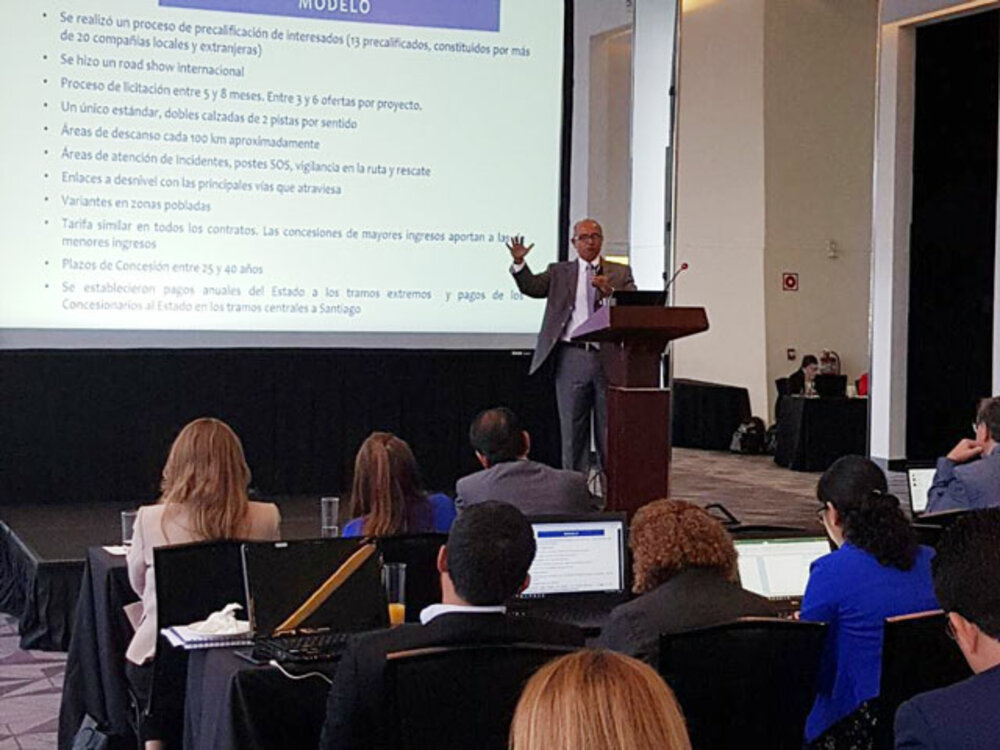CABEI and WB inaugurate module to strengthen development of PPP projects in the region

During the third training module, which will be held in Panama, the attendees will strengthen capacities regarding the analysis and structuring of PPPs in the Central American region.
Panama, December 4, 2017. – Today, the Central American Bank for Economic Integration (CABEI) and the World Bank Group (WB) inaugurated the third module of the Public-Private Partnerships (PPPs) Training Program for Central America 2016-2017.
The program aims to strengthen capacities for the preparation and structuring of projects under PPP schemes and best international practices. The event is being held from December 4 to 8, 2017 in the city of Panama
The four-day training module will deal with such subjects as PPP communication strategies, PPP project cycle, roles of different actors and experience in projects both in the Central American countries and in other Latin American nations, including Chile, Colombia and Peru. Specific issues related to highway, airport, railway, potable water and sanitation projects will be studied in depth.
The event was attended by officials from the Ministries and Secretaries of Treasury and Finance of the Central American countries, as well as by representatives from PPP promoting agencies, line ministries, local governments and decentralized institutions that are working on the structuring of action lines for PPP projects.
The module will last 30 academic hours organized through workshops, case study development, presentation of experiences and a debate.
Today more than ever, the fiscal situation of countries makes it impossible for governments to act alone in meeting the growing needs of their populations, more so when it comes to countries with limited financial resources, as is the case of the Central American nations. Faced with this scenario, it is essential to apply schemes such as PPPs, through which private companies can provide direct public services to the user; this option leads to multiple benefits for countries that, like ours, present high infrastructure deficit with important budgetary limitations.




